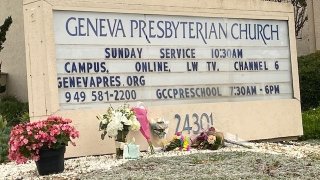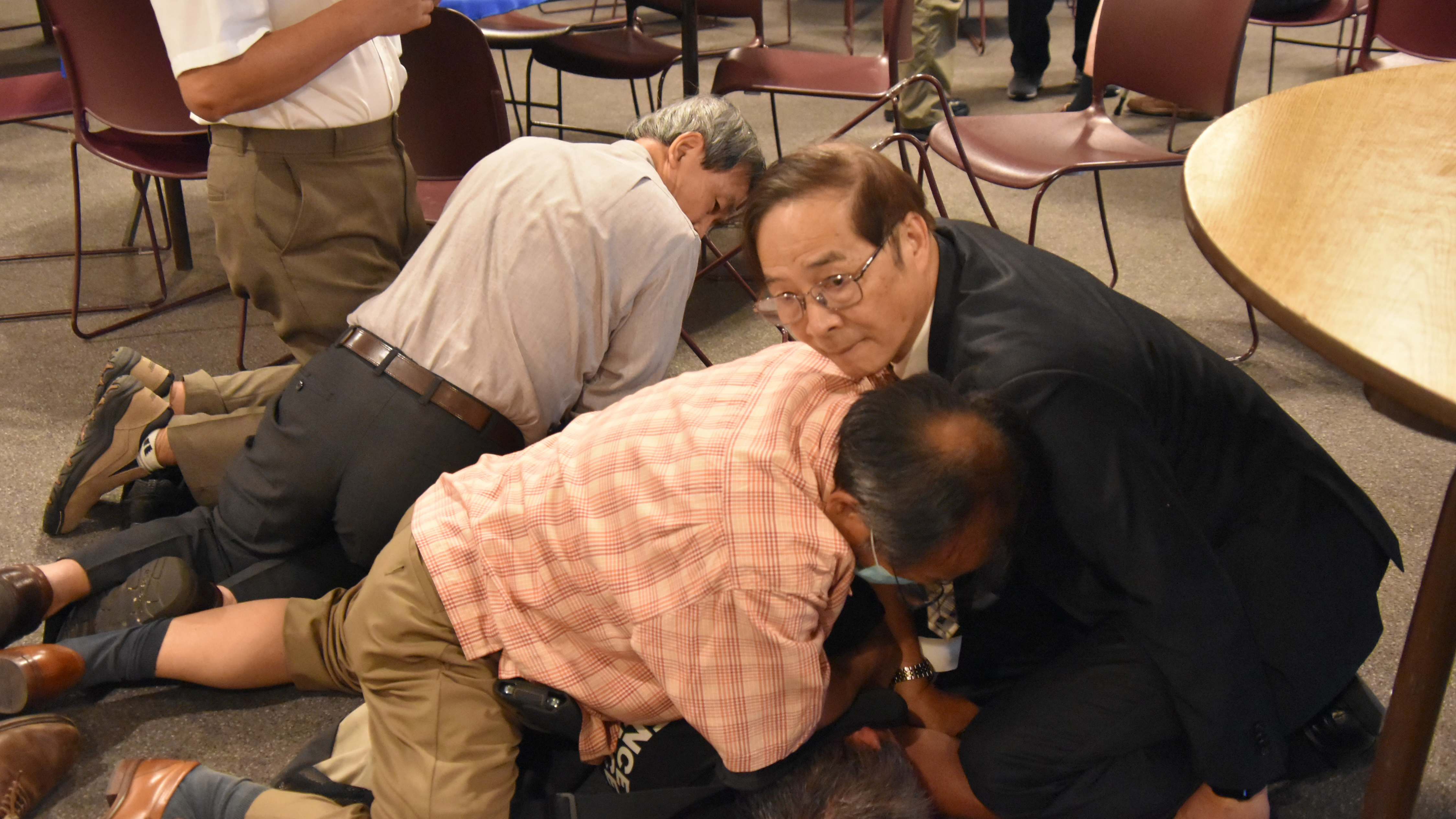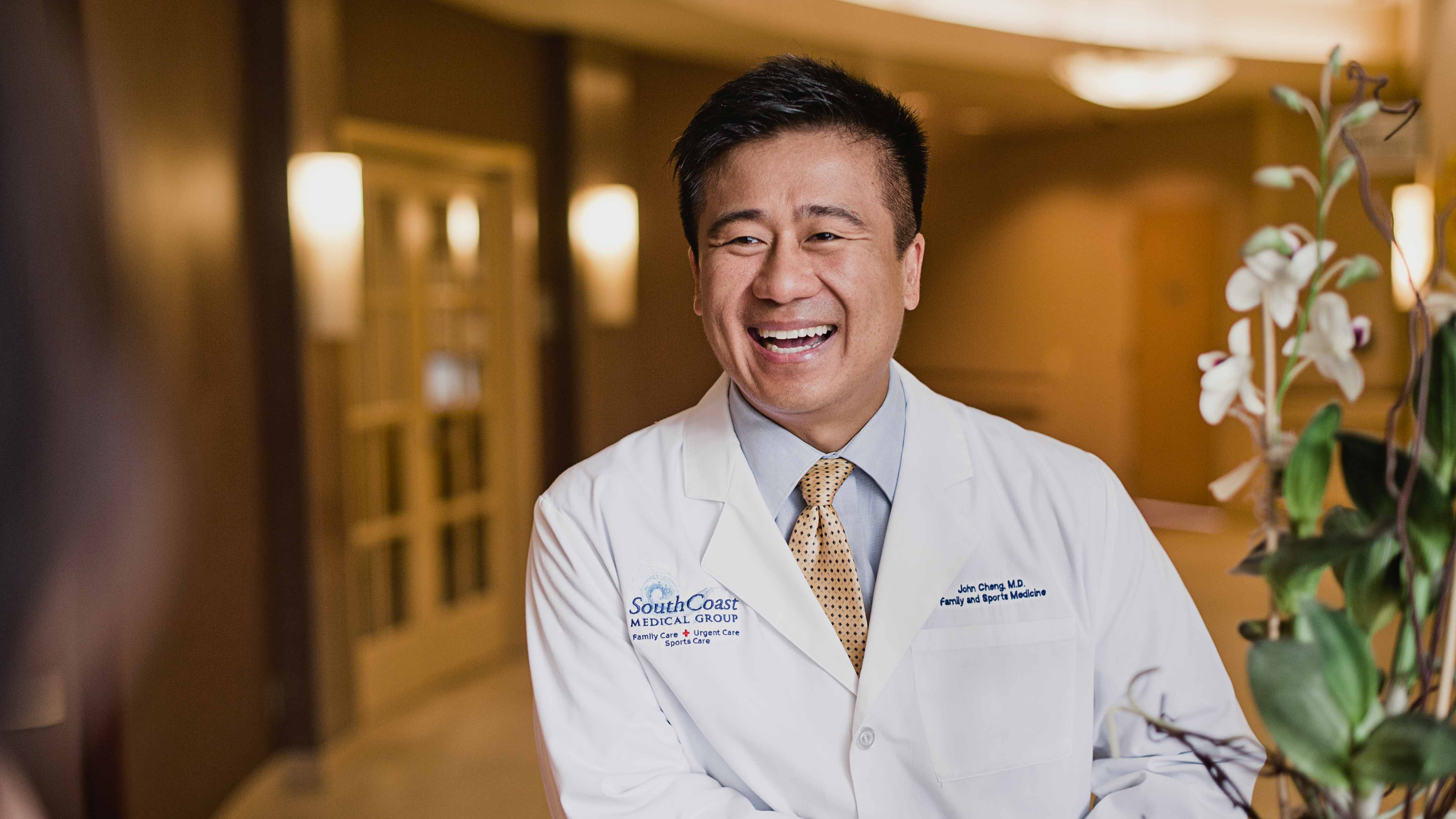
Taiwan’s president condemned the shooting at a Taiwanese church in Orange County after authorities said Monday that the suspect was driven by hatred of the island.
President Tsai Ing-wen's office issued a statement Tuesday saying she condemned “any form of violence,” extended her condolences to those killed and injured and had asked the island’s chief representative in the U.S. to fly to California to provide assistance.
The shooting, allegedly carried out by a 68-year-old Las Vegas man, was a politically motivated hate incident, Orange County Sheriff Don Barnes said.
Get a weekly recap of the latest San Francisco Bay Area housing news. Sign up for NBC Bay Area’s Housing Deconstructed newsletter.
The suspect was upset about political tensions between China and Taiwan, he said.
The nature of the suspect's grievance was not immediately clear. He is expected to make his first court appearance Tuesday when he will face a murder charge with a special circumstances allegation of lying in wait that would make him eligible for the death penalty or at least life in prison without the possibility of parole, if he is convicted.
Investigators said the suspect drove from Las Vegas and arrived in Southern California on Saturday before going to the church Sunday morning.
Police said he hid firebombs before the shooting at a gathering of mostly senior Taiwanese parishioners after the morning service. One man, whom authorities hailed as a hero for charging the gunman, was killed and five people wounded.
A federal hate crimes investigation is also ongoing.
The Associated Press reported that he had ties to a Chinese-backed organization opposed to Taiwan’s independence, citing Taiwanese media. Those details could not immediately be confirmed.
China claims Taiwan as its own territory to be annexed by force if necessary and regularly denounces Tsai, her ruling Democratic Progressive Party and their foreign supporters in increasingly violent terms. Tensions between China and Taiwan are at the highest in decades, with Beijing stepping up its military harassment by flying fighter jets toward the self-governing island.
The suspect, a U.S. citizen, was born in Taiwan in 1953, Taiwan’s Central News Agency reported, citing the head of the Taipei Economic and Cultural Office in Los Angeles, Taiwan’s de-facto consulate in the city.
In Taiwan, DPP legislator Lin Ching-yi said “ideology has become a reason for genocide” in a message on her Facebook page. Lin said Taiwanese need to “face up to hateful speech and organizations” backed by China’s ruling Communist Party, singling out the United Front Work Department that seeks to advance China's political agenda in Taiwan and among overseas Chinese communities.
Asked about Chou’s reported political leanings, Chinese Foreign Ministry spokesperson Wang Wenbin said that Beijing had “noted the relevant reports," the Associated Press reported.
“We hope the U.S. government will take effective measures to resolve the worsening gun violence issue at home,” Wang told reporters at a daily briefing.
The U.S. is Taiwan's chief political and military ally though it doesn't extend the island formal diplomatic ties in deference to Beijing.
Bi-khim Hsiao, Taiwan's de-facto ambassador, on Monday tweeted that she was “shocked and saddened by the fatal shooting at the Irvine Taiwanese Presbyterian Church in California."
“I join the families of the victims and Taiwanese American communities in grief and pray for the speedy recovery of the wounded survivors," Hsiao wrote.
Chou’s hatred toward the island, documented in hand-written notes that authorities found, appears to have begun when he felt he wasn’t treated well while living there.
Chou's family appeared to be among the roughly 1 million refugees from mainland China who moved to Taiwan at around the time of the Communist sweep to power on the mainland in 1949.
The former Japanese colony had only been handed over to Nationalist Chinese rule in 1945 at the end of World War II, and relations between mainlanders and native Taiwanese were often tense.
Separated by language and lifestyle, incidents of bullying and confrontation between the sides were frequent.
Many mainlander youth, who were concentrated in the major cities, joined violent organized crime gangs with ties to the military and Chinese secret societies, in part to defend themselves against Taiwanese rivals.
The Presbyterian Church is the most prominent of the Christian dominations in Taiwan and was closely identified with the pro-democracy movement under decades of martial law era and later with the Taiwan independence cause.
NBCLA's Jonathan Lloyd contributed to this report.



